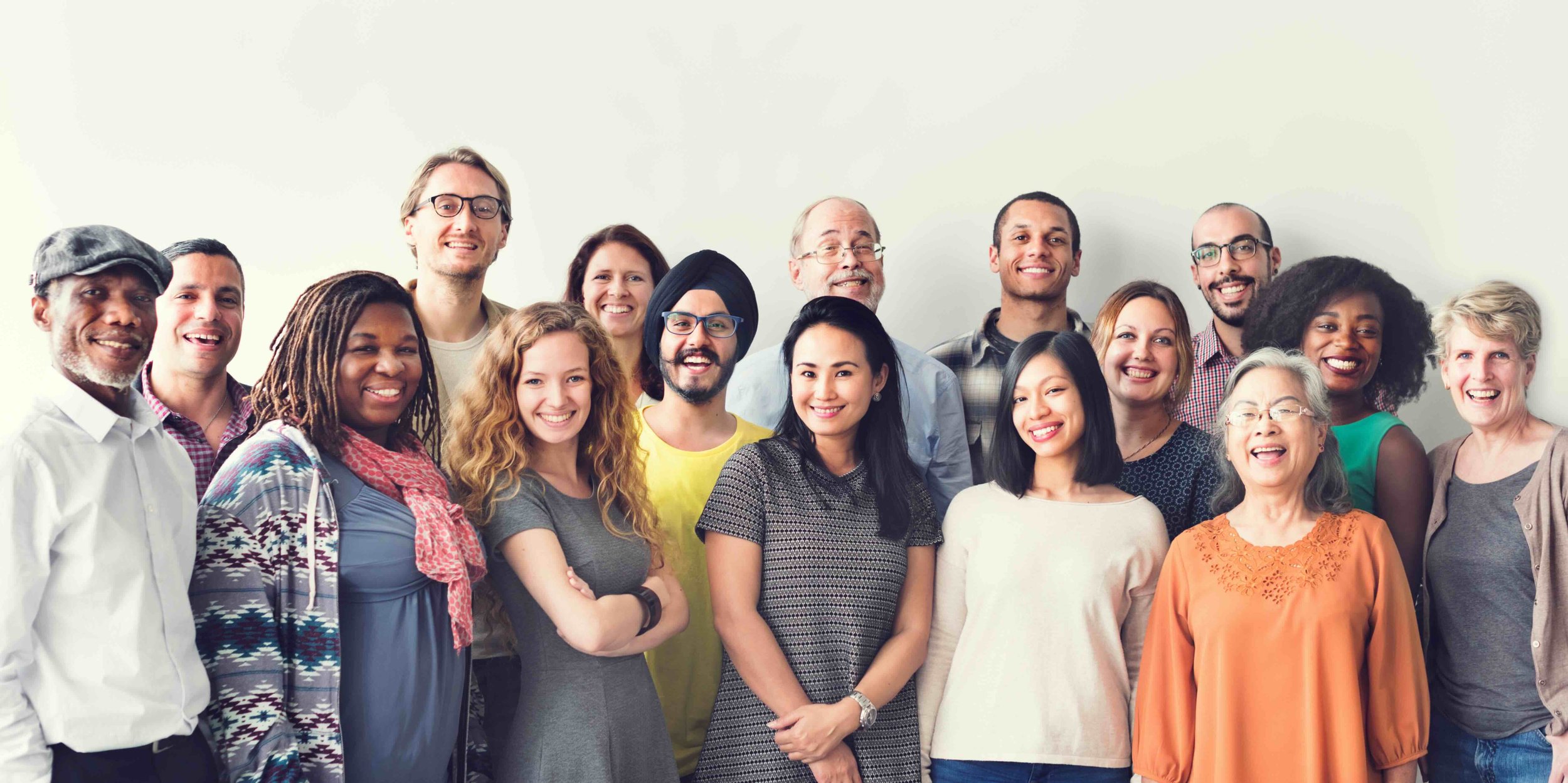Essential Leadership Practices
We are the ones we’ve been waiting for.
June Jordan
How We Lead Change Is The Change
Leaders committed to leading effective change processes during these volatile and uncertain times need to prioritize bringing people together in new, more humanizing ways, seeking diverse and divergent perspectives across systems, and supporting communities to articulate and work toward a shared vision for the young people in their care.
Leading through complexity and uncertainty requires leaders to shift from managing the implementation of plans with pre-determined solutions, to direction-setting and creating the conditions needed for change. This includes developing high levels of relational trust, structures for collaboration, and cultures that support co-design and on-going safe-to-fail experimentation and learning with a focus on increasing belonging, interrupting us/them narratives, and activating collective agency to innovate and create change.
In most systems, this way of leading represents a significant shift. Systems tend to reward leaders who maintain the status quo (reproduce the system) and celebrate leaders who claim to have definitive solutions. Most leaders have not been trained and are not supported or incentivized to lead in more adaptive, complexity informed ways. Yet, transforming our approach to public education will require leaders who:
SEE how inequity operates and is maintained within current structures and see the potential and possibility that lives in all people and communities.
ENGAGE in ways that increases belonging, promotes healing, redistributes power, builds trust and fosters learning and innovation
ACT with courage to try new approaches and humility to learn from failure and keep going (see Leading for Equity Framework).
These leadership practices are intended as a guide to navigate the complex work of leading for equity in education systems. This is not a comprehensive or linear list of everything leaders need to do; rather, this represents a set of key practices for leaders and teams to continually come back to in order to strengthen how they see themselves and their systems, engage with others in meaningful ways, and act in collaboration with others to create system conditions that support youth thriving.
Leadership Practices
Here is a set of practices that are essential for leading complex change.
SEE Ourselves: Practice Self Awareness & Self-Efficacy
Regularly check in on your own beliefs, biases, and how your background affects your interactions and work with others
Pay attention to your emotions and reactions, and find ways to care for yourself and work through discomfort
Stay grounded in your core values and commitments to young people to guide your actions and decision-making
SEE Our System: Increase Systems Awareness
Gather multiple kinds of data and information - including people's real experiences - to understand what's happening across the system and who isn’t being served well
Distinguish which challenges have known, reliable solutions and which are complex and require learning and adaptation
Look for opportunities to redesign parts of your system, and identify community resources to create better experiences for young people
ENGAGE: Build Trusting and Collaborative Relationships
Prioritize listening to people throughout the system, especially young people and families most impacted by inequities
Lead with compassion and empathy to build conditions for increased trust across differences of identity and experience
Invite diverse and dissenting perspectives to ensure representation and to build community
Help yourself and others deal with uncomfortable situations and uncertainty
ENGAGE: Create Conditions for Collective Agency & Innovation
Create environments where people feel cared for and connected as they engage in calibration about high quality instruction, collective meaning-making, innovation and action to improve student experiences and outcomes
Seek out different perspectives and ways of thinking to identify what needs to change and co-create new solutions
Help others develop leadership skills and create opportunities for more diverse leadership, including young people informing decisions
Approach conflict as a necessary part of the work, and support repairing conflict in ways that strengthen relationships
ACT: Take Actions to Learn and Adapt
Establish a set of universal goals for all young people in our system (e.g. “all students reading at grade level by 3rd grade”) and collectively develop targeted strategies toward those goals
Work with youth and families to try small actions, test ideas, and check assumptions
Focus on shifting patterns (rather than finding one comprehensive solution), and regularly check progress and make adjustments
Build on what's working –and learn from what isn't– to create system conditions that support lasting change
Questions to Consider
Where are my leadership strengths? Growth areas?
What patterns of strengths and growth areas do I/we see for leaders in our system?
Which of these practices feel important for what I/we are focusing on right now?

